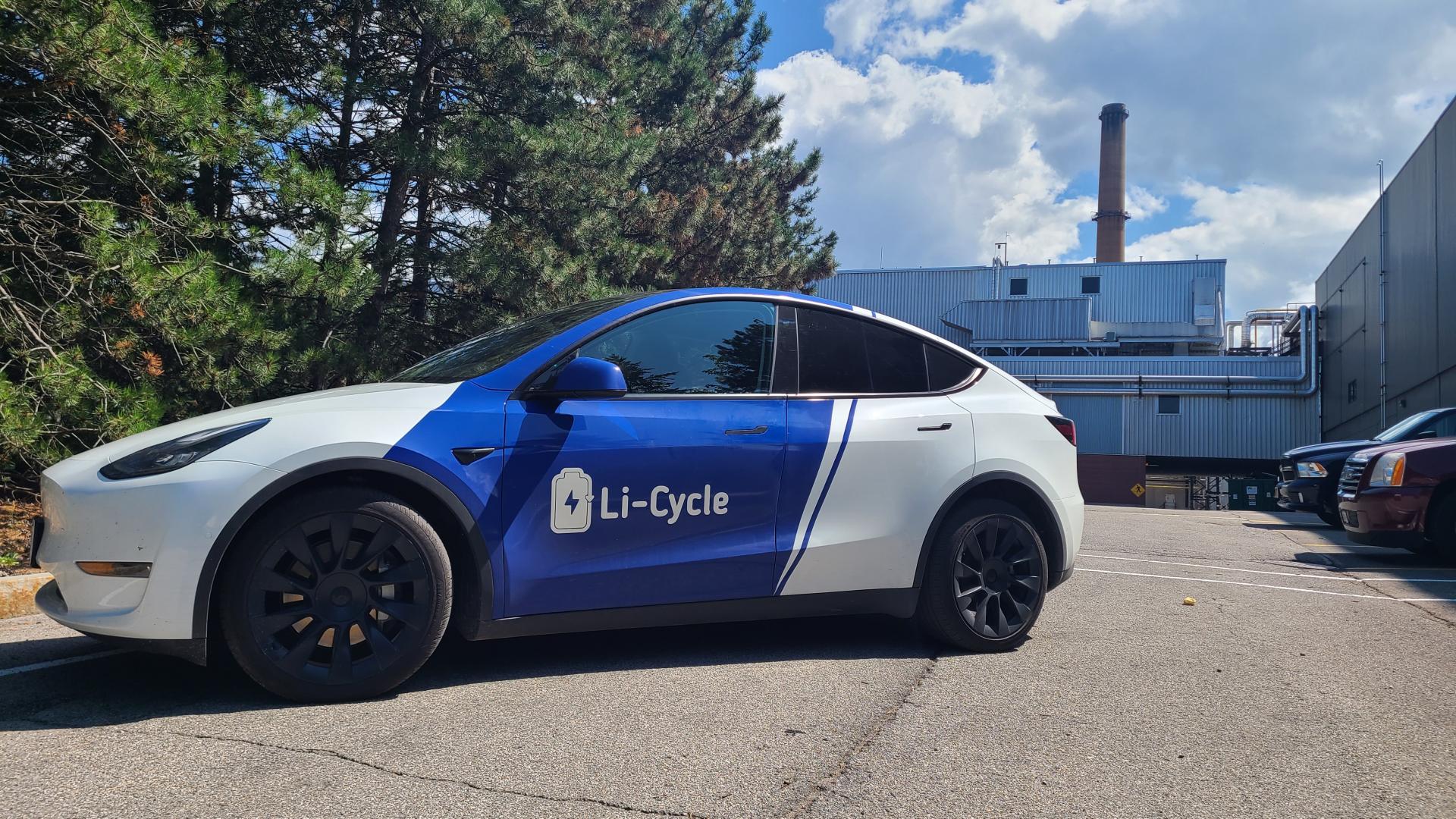



March 31, 2022



March 30, 2022
Original article published in Barron’s
Reports that President Joe Biden may invoke the Defense Production Act to beef up the U.S. electric- vehicle supply chain have stocks of materials suppliers jumping. But the U.S. isn’t the only government seeking to jump start activity.
The act is the one President Donald Trump used to boost U.S. mask supplies in the early days of the Covid-19 pandemic. It gives the Federal government the authority to direct private business to prioritize government orders, among other powers. The White House didn’t immediately respond to a request for comment.
Investors appear convinced, though, that something is afoot. Stock in magnet materials company MP Materials (MP) rose 3.2% Wednesday, while EV-battery materials recycler Li-Cycle (LICY) gained 7%. And shares of the small-cap lithium miners Piedmont Lithium (PLL) and Lithium Americas (LAC) finished up 1.8% and 12%, respectively, while shares of Albemarle (ALB), a bigger miner, gained 0.3%.
The S&P 500 and Dow Jones Industrial Average finished down 0.2% and 0.6%, respectively.
A focus on the supply chain would represent a new angle for the administration in its support of EVs. This past August, the president outlined his vision for 50% of the new cars sold in America to be all-electric by the end of the decade.
Traditional auto makers including Ford Motor (F) and General Motors (GM) responded to that vision by announcing billions in spending for new EV platform development, vehicle-assembly capacity, and battery manufacturing plants.
Tesla (TSLA), of course, continues to invest in the U.S., but it didn’t make similar announcements. The majority of all Tesla’s spending has always been for EVs, though the company also develops solar roofs and battery-storage products.
All the spending announcements answered the question of where the cars and batteries required to meet Biden’s goal will come from. Wednesday’s reports could help answer how the manufacturers will get what they need to feed those battery plants.
The question has been growing in importance since material prices started soaring early this year. The cost of a basket of metals used in batteries that Barron’s tracks is up more than 60% year to date, adding potentially $2,000 to the price of a typical EV.
The reasons for that surge are varied. Lithium demand is growing faster that production, so benchmark lithium prices are up almost 80% year to date. Nickel prices are up more than 50% year to date, perhaps mainly due to the sanctions on Russia that have followed its invasion of Ukraine. Russia is a large producer of nickel.
China is another, longer-term reason for the government to focus on supplies of EV materials. The country, the world’s largest market for electric cars, is the dominant producer and processor of EV materials. Sourcing materials from China adds cost and complexity for U.S. auto makers as they try to ramp EV production over coming years.
Biden wants materials to come from domestic sources. He isn’t the only government official that wants to strengthen their domestic EV industry.
Vic Fedeli, Ontario’s minister of economic development, job creating and trade, outlined to Barron’s all the steps his provincial government has taken to encourage production of batteries and EV materials. On the list are investing in business parks that are ready for new companies to move into, reducing taxes, cutting the cost of power for industrial users, and reducing the number of steps needed to win permission to build a facility.
“Ontario is the only place where a company can get everything they need to make an EV,” says Fedeli. Ontario has an auto manufacturing sector, as well as nickel mining. He believes the province has enough rare-earth minerals and other materials to justify that statement.
He says his government’s changes are helping. This past week, Chrysler parent Stellantis (STLA) and battery partner LG Chem (051910. Korea) announced plans to invest $5 billion for new battery manufacturing capacity in Windsor, Ontario, which lies across the Detroit River from the U.S. city. The plant will have annual battery production capacity of about 45 gigawatts. That, roughly speaking, is enough batteries to make more than 500,000 EVs a year.
Over the past few quarters, Stellantis, GM, Ford , and Tesla have announced plans for roughly 400 gigawatts of new North American battery-production capacity. More announcements are expected. Government policies will be critical to where the plants are built.
